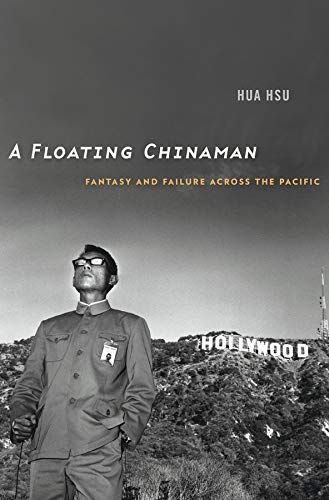
A Floating Chinaman
"A Floating Chinaman is, in the broadest sense, a book about who gets to speak for China. The title is taken from a lost manuscript by H.T. Tsiang, an eccentric Chinese immigrant writer who self-published a series of visionary novels in the 1930s, a time when China was recast as a rich, unexplored mystery to the American public. At this time the United States "rediscovered" China, and the book traces its causes and cues in a variety of sites: the comfortable, middlebrow literature of Pearl Buck, Alice Tisdale Hobart and Lin Yutang; the journalism of Carl Crow and Henry Luce; exuberant reports from oil executives proclaiming a new era in global trade. On the margins--in Chinatowns, on college campuses, in the failed avant-gardism of Tsiang--a different conversation about the possibilities of a transpacific future was taking place. The book is about the circulation of ideas about China; but it is also a book about writers, rivalries, and the acquisition of authority. It is about the creation and refinement of those ideas, as well as the spirit of competition that underlies all critical endeavors. These were decades when China represented a new area of inquiry, and the stakes for writers to flex their expertise were at once intellectual, professional, and deeply personal. The author considers a range of texts--from best-sellers to self-published paperbacks, travel literature to corporate newsletters, FBI surveillance files to flowery letters from an Ellis Island detention center--and considers the competing notions of a transpacific future that animated the literary imagination as well as some satisfying moments of revenge."--Provided by publisher.